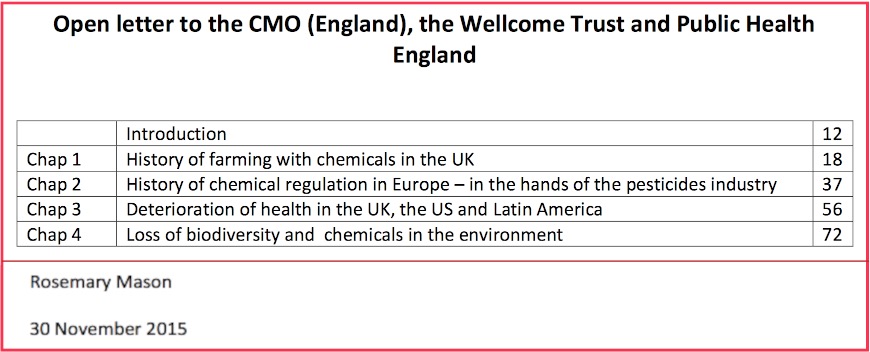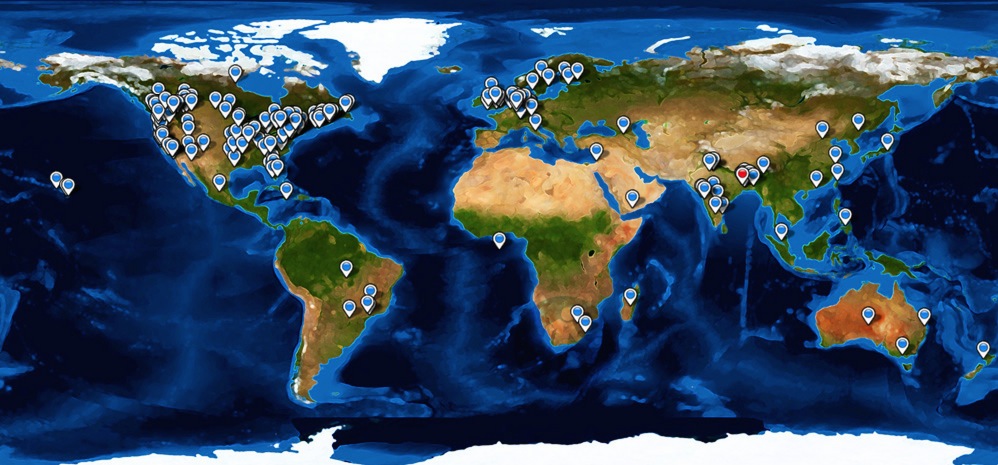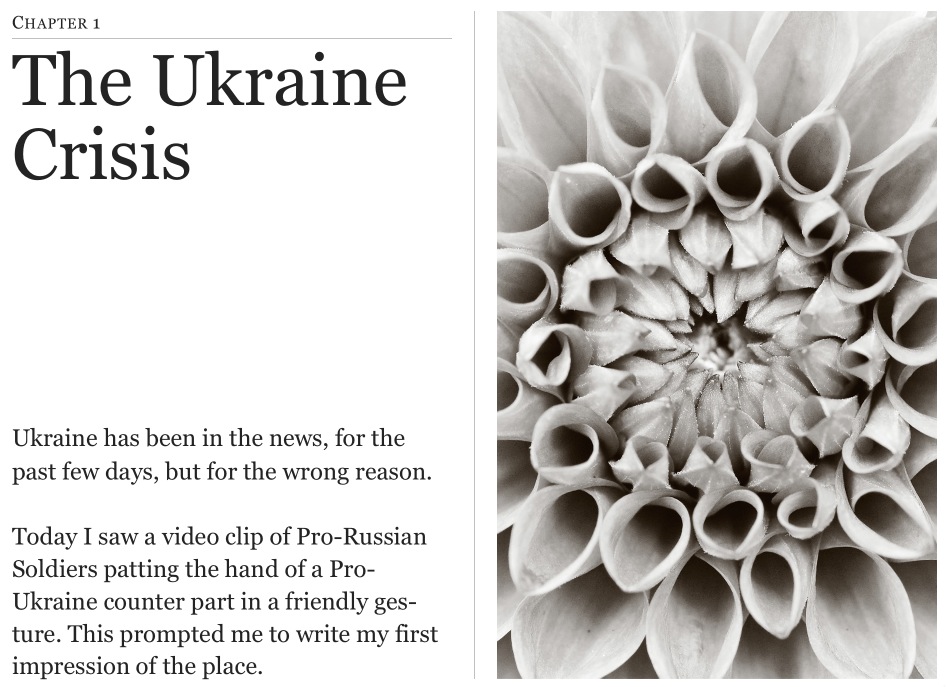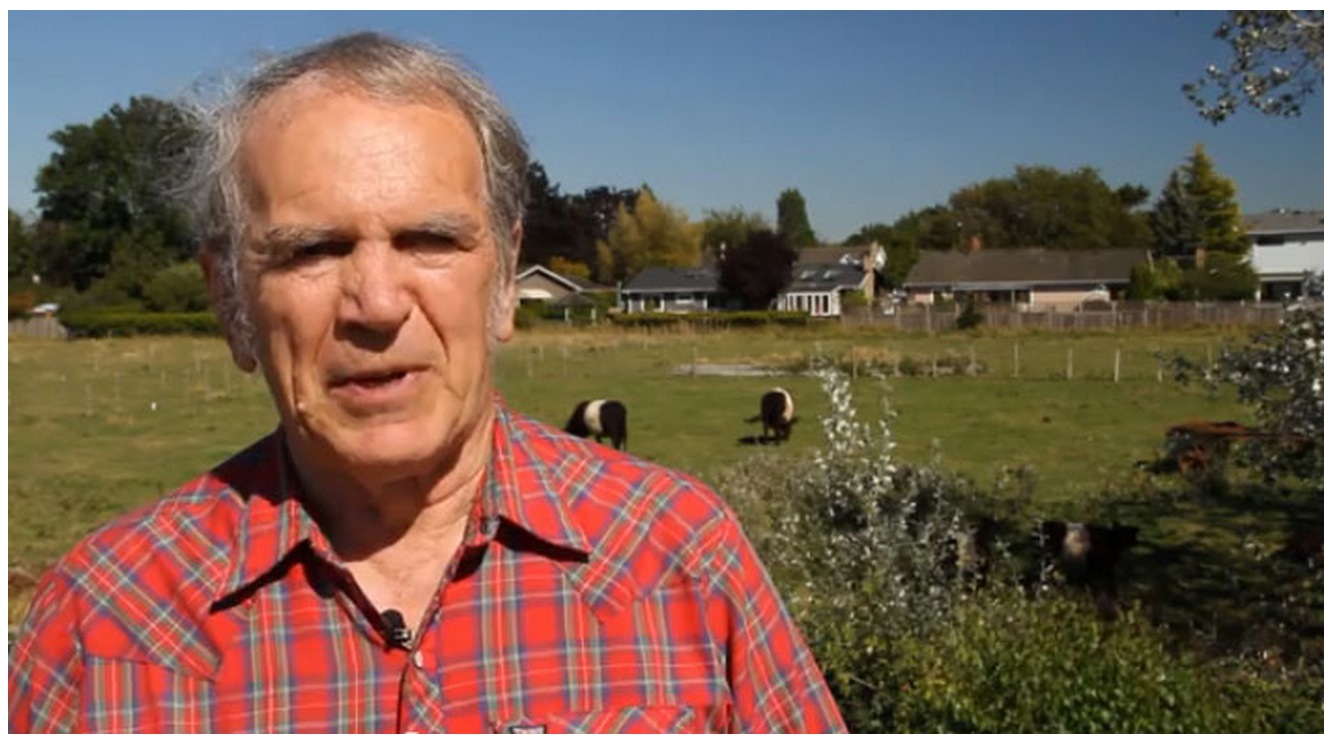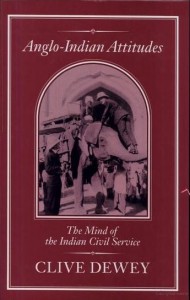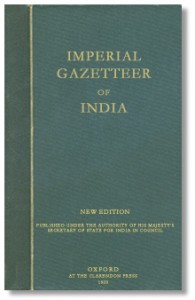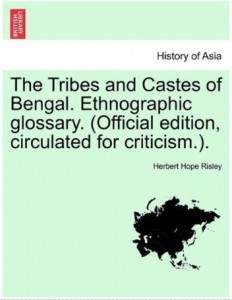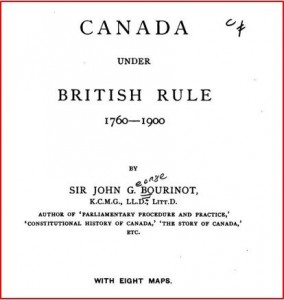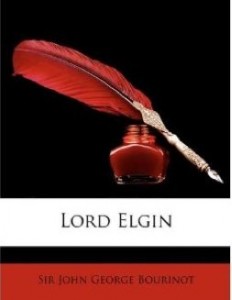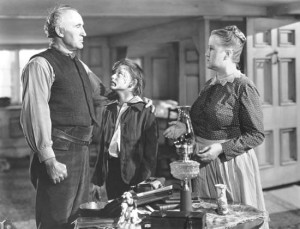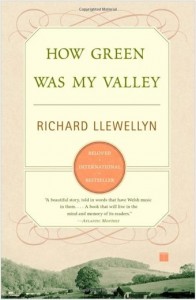Tonu had a notebook where he wrote about ideas on his writing. It was bigger than a pocket notebook, but not quite the size of an exercise book. Also, it had hard cover and was kept shut by a built in elastic band.
On the first page, he had written in long hand a description of the content – ‘Notes of My Writings’.
Today, at lunch, he decided to make fresh entries there. He had two major observation to add. He wrote:
‘Tonu wonders about the crisis:
facing Niel & his story,
b) facing mankind.
On the next like he wrote ‘Tonu’s dilemma’.
He was facing a dilemma. It was more than just a dilemma. It was a crisis. An existential crisis, to be precise. One might wonder, whose existence was threatened.
Tonu believed that the endangered group was none other than the mass of homo sapiens at one end of the spectrum. On the other end were the entire higher order of living creatures. In short, the planet itself was in peril.
And that was not all. Even the virtual world of Tonu’s creation, involving the immigrant Niel in his adopted country of Canada, was similarly threatened. Why? Because Tonu had created Niel after his own image, and was unable to keep Niel out of the crisis. Tonu was playing God here, even as he did not believe in God as the creator of the real universe. Tonu’s dissatisfaction with the state of affairs, and his unflattering view of mankind, was rubbing off on the lives of Niel and his newly acquired Canadian girl friend Mabel.
Tonu was unable to steer the story of Niel away from the depressing realization of mankind’s tendency of desecrating on the planet till everyone and everything is contaminated, or gone extinct. He knew that the story, if it was to be consumed by a non-plussed readership that did not care about the future of the living planet, needed to stay away from negativity. It needed an upbeat view of our cultural, economic and environmental degradation. It needed to concentrate on the elements of human drama.
Tonu had mused on possible scenarios. Niel should find Mabel to be sleeping with another man. Or he should get arrested on false charges of attempted rape of Mabels friend Stephanie. Or Niel’s uncle should suddenly arrive from nowhere and start living with him, greatly complicating his romance with Mabel. Or perhaps a sudden turn of events force Niel to face possible deportation back to India, for the crime of protesting against construction of a nuclear power plant in the middle of some pristine land. Or a sudden ailment might paralyze Mabel from hip down, albeit temporarily. Or another woman claiming to be the mother of Niel’s baby, appears suddenly in Mexico.
Things like those would add drama to the story. And a story needed drama.
But, somehow, Tonu did not find all this virtual drama to be interesting. To him, art is supposed to imitate life. And therefore, the character of Niel was supposed to be imitating the observations of Tonu, about life itself.
Sure, he could pen a scenario where they receive a call from Veracruz, from one senorita Elva Hernandez, addressing Niel as querido Neeeel, and informing him that their lovely child Esmeralda was growing up and asking who her father was. So the mother and child were planning to come to Canada to be with him, and if he would please pay for their transportation cost and arrange for their immigration.
However, it was doubtful that this would happen soon. Niel had some breathing time before such unforeseen catastrophe befell him, especially since he had never been to Mexico. Could it be that they knew each other from Miami? Anyhow Tonu was not in a frame of mind to write such details, like the two of them sitting in the sands of the Florida beaches, or lazing around on a boat among the mangroves well past sunset, as Alligators caught fish around them, while they rocked the boat, making babies.
Besides, this kind of human drama, with suddenly sprouting love triangles, unknown Spanish speaking babies, Florida Alligators sniffing around their lovemaking, and jealous Cuban lovers chasing Niel in and out of Miami night clubs might be the domain of the mystery romance writers. Tonu found such plots not to be his cup of tea. Imagine, Niel and the jealous Cuban emigre named Eduardo suddenly bumping against one another in a crowded corner of miracle mile. They mumble “que pasa” to each other before recognizing who they bumped into, before Niel starts his sprint afresh, zigzagging through the crowd, and Eduardo falls flat on the pavement, in his hurry to fish out that jack knife from his hip pocket, while avoiding a Guatemalan roadside Romeo singing with a guitar in hand, and a collection box at his feet.
No, Niel was not required after all to go back in time in Florida, or to Toronto to receive a suddenly arriving and suspicious uncle that all his life had a difficult relationship with his cousin sister, which was Niel’s mother. He was not facing deportation, because he was not really protesting the nuclear power plant, but merely wanted to speak with someone there about the possibility of using Thorium instead of Uranium on a future date, because Thorium nuclear fuel intrigued Niel. Unfortunately, the police that arrested him had never heard of Thorium, and mistakenly thought that Niel had some nefarious plans for some non-existing Canadian official named Mr. Thorium.
Mainstream readers were not that keen to know about Thorium either, irrespective of Canadian police mixing up a rare heavy metal with a fictitious Canadian official. Thorium, for Canadians, could turn out to be no better than Borium, or boring.
He could even add some timely spice, by bringing in a spice girl, a devastatingly sexy long legged Russian spy that also had a PhD in nuclear physics. She would appear to want to trap Niel in a web of sexual intrigue, mistaking him for a visiting Indian scientist. The real visiting Indian meanwhile turns out not to be a scientist at all, but a player of the Indian drum instrument known as the Tabla, who was to accompany a noted classical vocalist from India who in turn was invited to perform in a local Indian cultural show.
All kinds of confusions could have ensued from that series of events. But, in the end, none of that happened, because Tonu did not write about it.
Main stream readers might or might not be interested in frivolous goings on in the life of Niel. In any case, Tonu did not find it interesting enough to write about such issues, sexy Russian spy and Tabla playing non-scientist notwithstanding.
And so, Tonu could not spend time creating drama in the life of Niel because of this foreboding sense of an impending crisis. Without trying to sound like a defeatist, Tonu had taken to contemplating these issues in his mind for many years, as well as reading up on as many good books he could get hold of, and listening to as many folks on the internet as possible. He would then put all that through the an internal review process in his mind, to filter out and process the information.
The crisis had many facets. In fact, the sheer magnitude was numbing. And the repetitiveness of the telltale signs had begun to dull the senses of the public. This in itself was a sorry turn of events. Folks were no more scandalized when one more corporate banker or financier or CEO or even a politician is found to be blatantly dishonest in his dealings. Folks were even used to seeing men of cloth, like Priests, being exposed for practicing sodomy on children. Nothing shocked the people any more. This was perhaps the biggest tragedy of all. Mankind had been rendered incapable of recognizing a crisis, and therefore unprepared to deal properly with any national or international disaster.
But, Niel represented the next generation – the innocent generation that is supposed to inherit the earth. Niel, the character Tonu created, was supposed to be aware and opinionated, but not a defeatist. He should bring with him a degree of optimism and a willingness to try and change the world, not single handed, but collectively. He was supposed to do his little bit to make a change. And Mabel was there with him. Perhaps that would be the direction they should take – trying to make sense out of this senseless world that man had created, and repaying the debt his forefathers had drawn on this planet.
But how? Could Niel consciously help bring his own and the neighborhood’s per capita greenhouse gas footprint down near zero? Could he convince anybody, even a single person, to look for a lifestyle based on permanent zero growth ? Would folks not take him for a lunatic?
Tonu watched a picture he had clicked just a few months ago, on an ice covered landscape inside the Yellowstone National Park in the US. The plumes of hot steam rising out of a frigid ice covered landscape had prompted him to call the place the land of fire and ice. It also reminded him of a book by Jarred Diamond that he had read – The Third Chimpanzee. It was one of the books that explained the mega extinction of the K-T boundary, 65 million years ago, when a 10 Km wide asteroid struck the shallow oceans at the gulf of Mexico at around 40,000 kn per hour. The impact had vaporized the asteroid but tossed up molted crust 14 km deep and has left its tell tale crater miles under the crust in Mixico today. The impact had catapulted impact debris that probably travelled half way to the moon before falling back on earth again, super hot and starting instant fires every where it fell, all around the planet, leaving a tell tale sign of the event on the corresponding sediment layer around the globe. The surface temperature of the air may have risen to four or five hundred degree C, enough to cause instant combustion of forests. To compare with the impact of man made nuclear bombs, that impact had the power of a hundred million megatons, or same as six thousand million Hiroshima bombs. That was of course just one incidence. There have been many more – some from natural causes, while others were man made or made by other creatures.

- Yellowstone in winter – land of fire and ice
The lesson from all these events, for Tonu, was that nothing should be taken for granted as permanent. It was stupid to assume that things will somehow work out. In fact, it never did work out perennially, ever. Nothing was ever permanent, and everything had always changed in the past, were changing right now, and will change in future. Every year, the earth was struck by smaller meteors or Asteroids, the only major difference being the size. It is is small, its called a meteor. Small ones often burn up in the air due to frictional heat. Large ones of a meter or more usually reach the earth surface, but much slowed down and shrunk in size due to material loss in the friction. Larger ones, of a KM or more in diameter, are progressively more dangerous.
The K-T impact may have put so much carbon dioxide in the air, that it could have caused a serious global heating up that lasted a thousand years.
But, the issue in Tonu’s mind was not the possibility of another small asteroid that might actually fall in his bedroom tomorrow. His worry was the man-made catastrophe that man was unwilling to acknowledge the existence of, and therefore unwilling to take responsibility for. The catastrophe was not just of a single item such as greenhouse gas in the atmosphere, although that was bad enough. It included a combination of factors that mostly had to do with too many people demanding too many things from this planet.
And the only way Tonu could see the future to be less harmful than the present, was some sort of a civilization altering cataclysm for mankind. This cataclysm did not have to be a natural disaster like an asteroid striking the earth at forty thousand kilometers per hour. It did not even have to be a nuclear holocaust. It could well be the mother of all economic bust. Whatever it is, Tonu just could not envisage a soft landing for mankind.
With that kind of a backdrop to the stage, Tonu found it rather hard to insulate Niel, keeping him ignorant of issues going around him, happily oblivious to it all, while cooing sweet nothings to a fresh faced Canadian girl equally ignorant of things, like Nero playing the flute as Rome burned.
That is not what Tonu could write, and that is not the kind of character he envisaged Niel to be.
What a mess, he thought to himself. Here he was, a man without a plot, because the strongest plot on the horizon was of a pessimistic tragedy. The Last Days of Pompeii was written after the volcanic eruption had already destroyed the city. And here he was, trying to write something before the tragedy hit us.
But, hang on. Had tragedy not struck man already ? A vast majority of the animals known to man just a couple of centuries ago were either extinct or living dead. The situation with Global Warming was so bad with the greenhouse gas, that even if every living human were to drop dead right now, and stop emitting any more stuff in the atmosphere, the planet would still continue to get hotter for several decades, just to catch up with what we have already put up in the air. The oceans were facing a future without fish, and the land rivers were likely to run dry in many places on the planet. The rise of sea water level was going to make hundreds of millions of people homeless. Arctic ice was going to be gone. The Antarctic continent was going to soon be warmed up and the sea ice around it vanished, along with the Penguins.
The world would have room and food for a lot less people, and wild life as we know it, would be mostly history.
And Tonu had no one to talk to about these issues. That was his personal tragedy, and it was showing up in his writings. Niel was just unfortunate to have arrived at the middle of such an event.
He could not even discuss these issues with his colleagues. One of his colleagues had once mentioned about some place north of Canada that had proven gold reserves, but there was a resistance to the effort of opening up a mine there, because the land housed a rare bird which might go extinct. His colleague found it ironical that a mere small bird would be so important as to delay or postpone the starting of a gold mine.
He had tried to impress upon his colleague about the link between the environment, the flora and fauna, the future ability of this planet to support a varied and large biomass, and the dangers of this insatiable thirst for material demand. But he had given up. He had resigned himself to the realization that their differences in perception were too great to be bridged by rational conversation. And all the while Tonu knew that his colleague was a typical person, reasonably smart and educated. The world had a few billion people like him. And they all perhaps thought the same way.
Then there was also this pseudo awareness pep talk of going green. Some had joined this bandwagon, changed their body paint and had gone ‘green’. A whole lot of people were busy selling bogus packages as ‘green solutions’ and many organizations were busy buying into those marketable proposals to ‘look green’.
Even Canada had several catch words, programs and advertisements, to ride the green ticket. There were web sites that claims to be helping Canada to work better in an environmentally friendly way.
But he did not see bold letter declaration of the per capita carbon foot print of Canada in the past and Canada now. There was no national debate about the per capita carbon footprint of Alberta, and Saskatchewan, clocked at over seventy tons per man. Seventy tons of Carbon Dioxide emitted into the world per year, per man in those two provinces, while the national average hovered between 16 and 22, depending on who was counting.
More importantly, it was over 70 in those provinces, while the world average was only 4.
These issues rarely get the attention of the public or the media, and the enormity of the damage wrought on the planet by this species of talking apes. Folks are made to think that planting a tree in their front lawn, if they have a front lawn, would save the world, and the Maldives islands or half of Bangladesh might be saved from sinking under the ocean.
Someone should provide with a simple arithmetic, of how many trees needed to be planted right now, to prevent the sea from rising another inch, or for the average global temperature from rising another degree. Perhaps we can then learn that no matter how many trees are planted on how many front lawns, the climate change train has already left the station, and cannot be brought back.
Anyhow, the arithmetic is missing from the debate.
Most institutions were in danger of turning rogue, and shielding facts from the public. And this included, as far as Tonu could see, all institutionalized religions and almost all Governments and most industries and almost all economists and business school graduates and bankers and fund managers, religious gurus or movie actors.
What was Niel to do? This was the basic dilemma. A young mother in Veracruz claiming to have his baby might be juicy for a novel, but that kind of a plot Tonu disliked reading, and also found distasteful to to write about.
So what was he to do?
Tonu felt lonely. Just a few days ago, he was writing about his grandfather Kalimohan Ghosh, and mused how lonely he might have been in a house full of people. Very few actually understood him, or tried to enter his world and converse with him on issues that drove the man to so much of hard work and an early death through heart attack. Tonu was taking blood pressure medication, and was expected to live longer than his grandfather. But he too, was so lonely.
It came upon him to think about the topic of how lonely the living dead might be. How did the last living Tasmanian Wolf feel, or the last Indian Cheetah? Or the last Dodo?
Nobody really cared. People were busy watching false sportsmanship on the TV. Indians could not get enough of their IPL cricket, while Canadians were busy cheering their teams for the Stanley cup hockey tournament.
And he knew a whole lot of new immigrants from India into Canada, that were busy supporting the local ice-hockey teams, sitting with a beer on the couch, and learning to be “Canadian”.
Tonu felt that being Canadian should mean a great deal more than supporting the local hockey team that pushes around a puck on manicured ice inside domed stadiums. That was the least of Canadian specialties, in Tonu’s book. But then, what did he know? He was just a visitor that stayed back for ten years.
Meanwhile the entire world of finance and commerce had turned rogue. And the middle class was largely responsible for letting it happen in their watch.
And that was his dilemma. He did not know which way to turn, to find that elusive silver lining. Wherever he looked, he saw the living dead. The crisis was civilization altering, and yet, the civilized society was more preoccupied with trivia. More the western civilization progressed through time, less connected the middle class appeared to be conscious of its civic responsibility.
Population and per capita consumption, and creation of mountains of junk along with destruction of all habitats of all creatures everywhere, were some of the hallmarks of this civilization. It bothered Tonu that he was a part of it and did not know how to get out.
His creation, Niel, was naturally affected to this all encompassing malady.
Tonu had contemplated the world of art, to seek an answer to his dilemma, without success. They say – art imitates life. The art that passes by Tonu’s vision however, rarely depicts reality, let alone a future of any meaningful way.
He had art objects strewn around him, created by a plethora of people. There were many art objects, theaters, plays, sculptors, art shows, artists and experts. There were so many movies, talk shows, and novels. But it was no use. Even the authors were segmented and often showed an inability to climb out of their respective boxes.
Naomi Wolf wrote mostly about the loss of liberty for the great American Republic, a republic that was gradually beginning to act like a fascist regime. But she did not describe the whole in tonu’s analysis. Wolf appeared to claim that the public in the US were acting just as complacent and accommodating to their Government as the Germans were after they voted the Nazi party into power in 1933.
She did not address the possibility that at a global level, the only solution might be a severely recessive economic stagnation. She did not address the issue that American public might no more be capable of taking the hardship that was bound to come from a radically different and non-growing economic model.
More books Tonu read, more he was disappointed that the authors always seem to get one or two points right, and yet miss a dozen more of them.
Tonu had but one good thing as a silver lining – the possibility of forming a Vancouver chapter for Association for India’s Development, or AID. It started over twenty years ago in one university town in the east coast of USA, and spread around the country and beyond in the ensuring years. Now Canada seemed to be getting ready to get on board.
Its not that they had a hundred strong volunteer group for the organization. For now. They had only three. Imagine, he had been looking to get a few good volunteers to try and spend some spare time within their capacity, helping out grass root organizations in India. And after two years of search, they could only find just three humans willing to form a chapter of volunteers. Just three ! There were tens of thousands of Indians around, many of them wealthy, well educated and with a lot of spare time and disposable income. And yet, after a two year search, he could only find three volunteers, of which he himself was one.
No matter. For Tonu, even that number three was as good as trinity. He even ended up writing a poem about it.
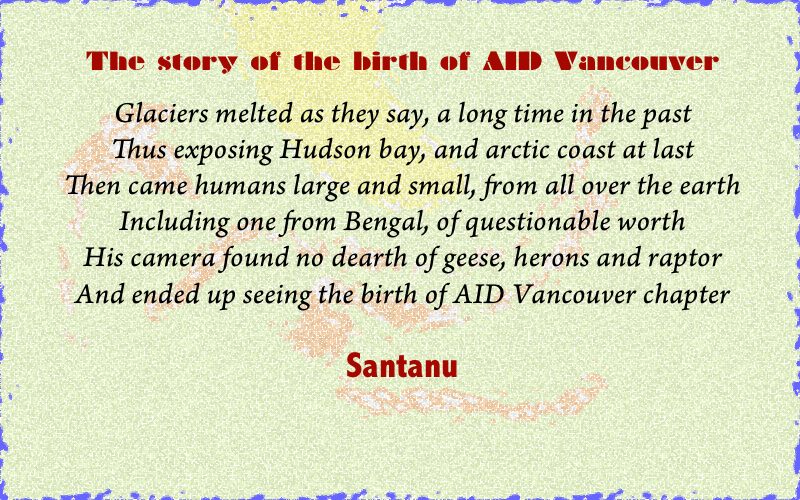
Now, all he had to do was think about a suitable plot for Niel. Without it, he stays in doldrums, much like the Greek economy within the Euro zone, or possibly fade out and become the living dead, like the North Atlantic Right Whale, who, after being decimated by the whalers in the past centuries, was hovering at the brink of extinction, their very slow birth rate not improving their numbers even after several decades of protection from hunting.
Regarding Greece, the Euro Zone and about the American future, Tonu had listened to Mr. Martin Wolf of the Financial Times of London recently. He spoke at the Carnegie Council for ethics in International Affairs, which was available as an audio podcast. So Tonu had listened to the podcast, covering Martin Wolf’s presentation and question answer session, while driving to work.
To Tonu, the subject covered by Wolf was both expansive and yet fell short in crucial areas. Based on conventional wisdom, his analysis of the United States in the coming decades appeared to be spot on and very clear sighted. But it did display, at least for Tonu, a yet another example of folks unable to step outside of their proverbial boxes. Wolf was good, but he assumed the economy would follow age old and proven methods of growth. His model for the future was business as usual – if not here, then someplace else, but still following the same formula. In that, Tonu was certain that Wolf was wrong. Ohh, but Wolf did make some astute and commendable predictions.
The US economy, which had been the worlds largest for just over a century, was going to be overtaken by the Chinese within the next ten years or so, according to wolf. Tonu was largely in agreement on that count.
Wolf further predicted that the Chinese currency was not going to replace the dollar as the world’s reserve currency. In that too, Tonu found himself in agreement.
The US had inoramus influence on the world culture. It still enjoyed large following on the basic tenets of the American system – democracy, free press, rule of law, market driven economy, secularism etc. In this, Wolf accurately guessed that there was a real danger that all these pillars of a free world might be in danger of losing their shine or falling off within the US state itself, mainly due to inner decay of the state itself. In that too, Tonu found himself to be in agreement.
Wolf identified America’s ability to form important strategic alliances as one of the key factors in its favor, and that the US would continue to be able to do so, better than any other, even in the coming decades. He acknowledged the profound effect the US-Europe alliance of the past century left on the world. Wolf proceeded to predict that the most important alliance the US may form and cement in this 21st century, based on shared values, would no more be with Europe, but be between the US and India. Tonu was in agreement on this count too.
Wolf made another penetrating observation – that the US state itself was entering into a long drawn out internal civil war, which may continue for decades, and destroy part of the American fabric, due to increasingly great differences of wealth between the top one percent and the rest, resulting in a long drawn out energy sapping low lever class struggle that spans for several generations. How the US would address that, was in the hands of the Americans, Wolf commented. He drew appreciative applause from the audience for this.
But in this, Tonu could not find himself to be totally in agreement. Things were not going to be entirely in Americans hands in the manner that Wolf described it. In fact, in most of those observations, Wolf assumed a business and usual model, not counting the resource depletion, destruction of habitat, limitations of the planet to continue to offer an unending resource base for mankind to pillage in the name of perpetual growth, and other factors. Tonu was convinced that, even if America did everything right, things would still not be possible for the US, or China or India or anyone else for that matter, to assume a business as usual model successfully through this century.
In that respect, almost everyone appeared to want to remain in his or her own comfort zone and seemed incapable to looking at the globe in entirety. He mentioned the income disparity, which was very real, but could no see beyond that, on the possibility that even with no disparity or little disparity, USA was still facing the uncomfortable prospect of national poverty down the line. And that things were not going to be much better for China or others either.
There were a whole lot of issues that Wolf did not touch.
And that, at the end of the day, had left Tonu dissatisfied. But he was by then used to being dissatisfied.
Anyhow, there were now some interesting things to do too. There was the Civil Society folks to meet up in Vancouver. There were the folks fighting for a living wage. There were the contribution to the food bank, for the homeless.
Somehow, it all had to work its way into a few meaningful hours a week for Tonu. With that, it might leave a silver lining into his introspective thoughts.
Perhaps, just perhaps, that would also work its way into the life and times of Niel and Mabel. They surely deserved it, as the next generation of people that will be left holding the basket.
Tonu was not ready, to sing for the living dead. Not yet.



